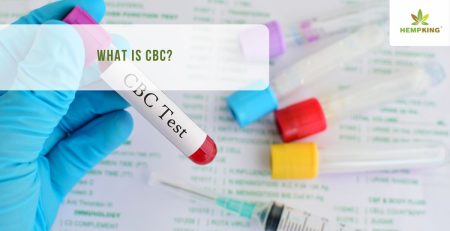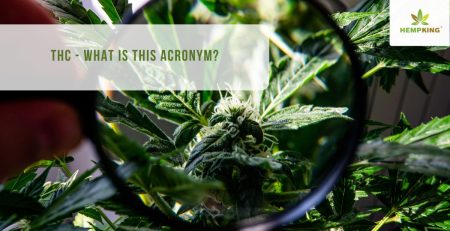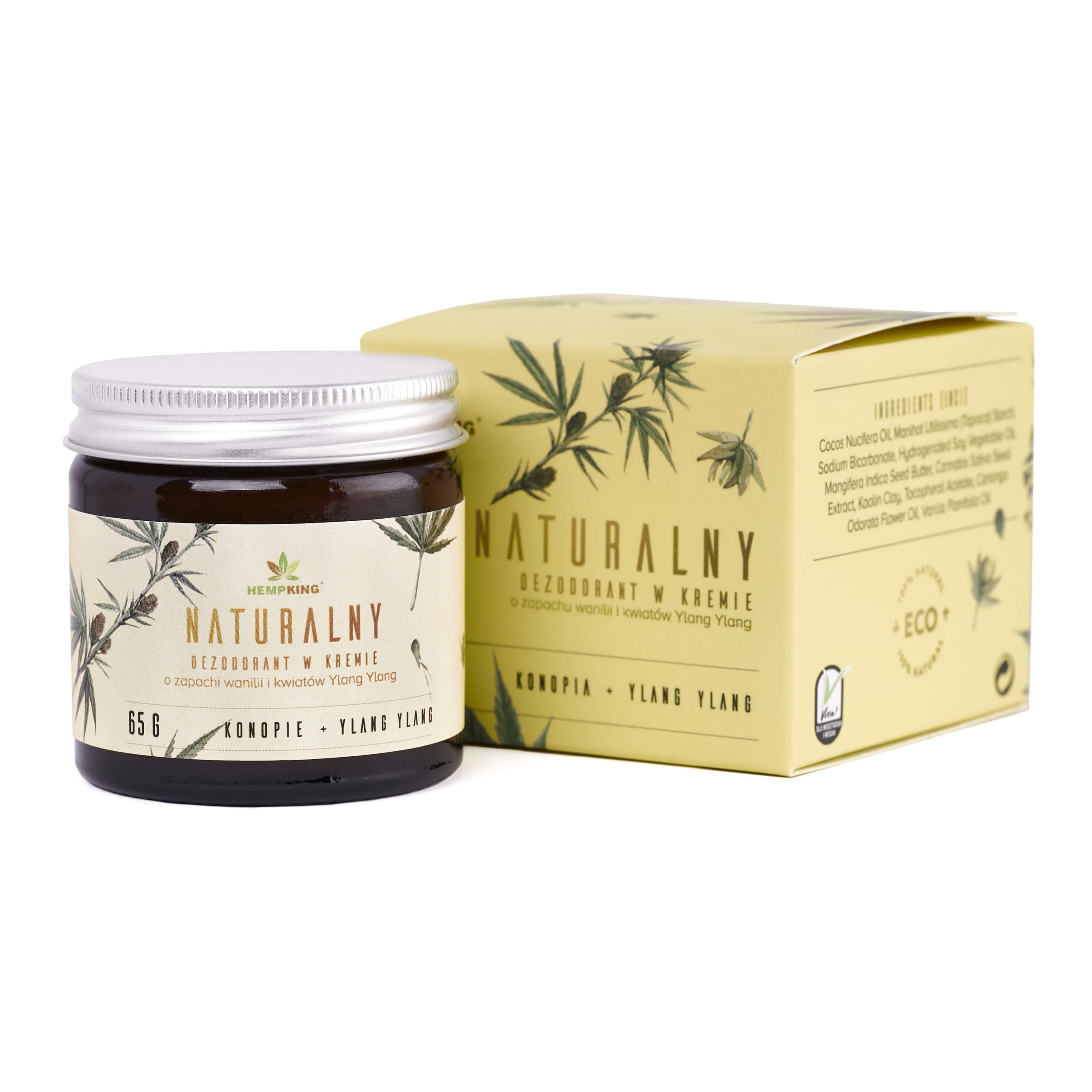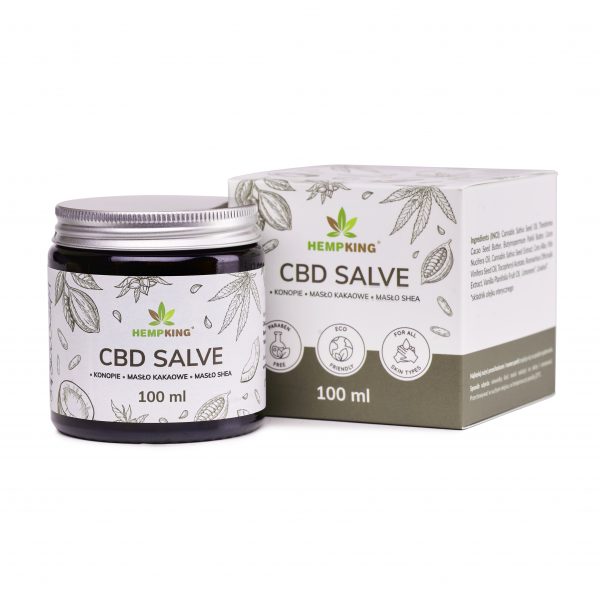The endocannabinoid system - what do we know about it?
min. reading
Most people surely associate what functions are performed by the immune system, nervous system or endocrine system. Our immunity depends on the former, the nervous system regulates brain function, while the endocrine system, among other things, affects our mood. The human body is full of systems that are responsible for its proper functioning. However, it has been known for some time that there is one overarching system, which was discovered quite recently, that controls the work of the aforementioned processes. More and more is being said about the endocannabinoid system (ECS), which is directly related to the effects of cannabis on the human body. Learn the secret behind the effects of CBD oils and find out exactly what the effects of cannabinoids on our biochemistry entail.
Table of Contents
What is the endocannabinoid system?
Scientists conducting research on the effects of cannabis on the human body probably did not expect the scale of the discovery that was thus made. The research confirmed the presence of the endocannabinoid system in our body, which is activated under the influence of cannabinoids produced by our body and those supplied from outside (mainly from cannabis). Find out what the cannabinoid system is, learn how it works, and read about the impact of its discovery on our health.
At the very beginning of the consideration of the endocannabinoid system, it should be noted that science still has not discovered all its mechanisms of action. However, intensive research has established several facts about the effects of cannabinoids on the human body. The fact is that there are cannabinoid CB1 and CB2 receptors in the human body, as well as the fact that our body produces neurotransmitters that stimulate the aforementioned receptors to specific responses. The balance of all systems in the human body, known as homeostasis, has been discussed before, but it wasn’t until the discovery of the endocannabinoid system that it was shown that maintaining this subtle biochemical harmony in the body may be simpler than it seemed. Research to date suggests that the ECS is one of the most important biological systems that plays a huge role in many of the body’s processes. It has a dominant function in regulating the mechanisms involved in the functioning of various systems in the human body, balancing all neurohormonal and neuroimmune processes.
The main areas that ECS regulates are:
- pain sensation,
- sense of hunger and satiety,
- gastrointestinal functioning,
- control of motor functions,
- energy management,
- motivation to act, memory, mood,
- relaxation and sleep,
- immune system function.
Scientists have proven that the endocannabinoid system has the ability to stimulate and regulate the various vital processes and activities taking place in our body. When the ECS, monitoring the internal systems in our body, detects an imbalance in some area, it stimulates the release of cannabinoids to regulate the problem.
Endogenous and exogenous cannabinoids
As the name suggests, the endocannabinoid system is an internal one, although cell receptors can also be stimulated by externally supplied substances called exocannabinoids. The best-known source for the occurrence of exocannabinoids is actually hemp, in particular tetrahydrocannabinol (THC) and cannabidiol (CBD).
At the other extreme, we have endogenous cannabinoids, i.e. those that our body produces on its own. The most important, researched and recognized substances as of today include: anandamide, found in many parts of the human body excluding the brain, and 2-AG, the largest amounts of which are found precisely in the brain area. Endocannabinoids are nothing more than neurotransmitters with an undeniable function for the proper functioning of our body. Thanks to the fact that they stimulate cannabinoid receptors, the most important vital processes necessary for the proper functioning of our body are regulated. According to many scientists, including Ethan Russo, insufficient cannabinoids can seriously disrupt the functioning of our body, which can lead to the development of dangerous diseases.
CB1 and CB2 receptors
As we mentioned earlier, endogenous and exogenous cannabinoids stimulate cell receptors found in our body. These receptors are divided into two basic groups: CB1 and CB2. CB1 receptors are predominantly found in brain regions such as the hippocampus, cortex and hypothalamus, as well as in adipose tissue or skeletal muscle cells. They are largely responsible for our energy metabolism, mood, memory and learning processes and, because they are also located in nerve endings, pain sensation. Type one receptors are the most abundant neuronal receptors in the human body. CB2 receptors, on the other hand, are mainly found in the immune system, meaning all types of immune cells, as well as in the spleen and thymus gland. The main function of type two receptors is to release pro-inflammatory and anti-inflammatory cytokines, which directly affects the functioning of our immunity and the process of cleansing the body of toxins.
How does the endocannabinoid system work?
The main purpose of the endocannabinoid system is to maintain a stable internal environment, that is, the balance of all systems in our body, despite fluctuations in the external environment. The state in which all systems in our body work properly is called homeostasis. The principle of the system is based on the activity of endocannabinoids and their influence on individual receptors located in the cell membrane of tissues of different systems. They behave differently from the neurotransmitters known so far, they are released only when the body needs them, they act as regulators and neuromodulators. When something bad happens in our body, such as damage to some tissue or infection, EKAN (endocannabinoid system) responds by increasing the production of endocannabinoids, which, by activating the appropriate receptors, stimulate the desired chemical reaction in the body to bring the physiological process back into balance.
The endocannabinoid system and our health
In addition to the basic functions of the endocannabinoid system, such as the regulation of basic life activities headed by metabolism, sleep or pain, the system also affects many other processes, from stimulating our memory to controlling digestion to appetite or fertility. Ongoing research is also looking into the effects of exogenous cannabinoids, in particular the effects of THC on our bodies. It is known that THC affects our psyche, but at this point something else is in play – the possible effects of THC on pain relief, asthma treatment and even cancer are being studied. Nowadays, many diseases are linked to our body’s insufficient production of endocannabinoids or their accelerated breakdown, causing an imbalance in the body.
Summary
Despite the many unknowns, one thing is certain – the cannabinoid system in our body not only exists, but also performs an extremely important function. So you can be sure that we will still hear more than once about the results of the research of scientists, who every now and then inform the world about the newly discovered types of cannabinoids and their influence on the various processes in our body. The potential impact of this system on regulating vital processes, including pathologies present in the diseased body, is an extremely promising research direction and brings great hope for many patients.
















 Facebook
Facebook Instagram
Instagram

Leave a Reply